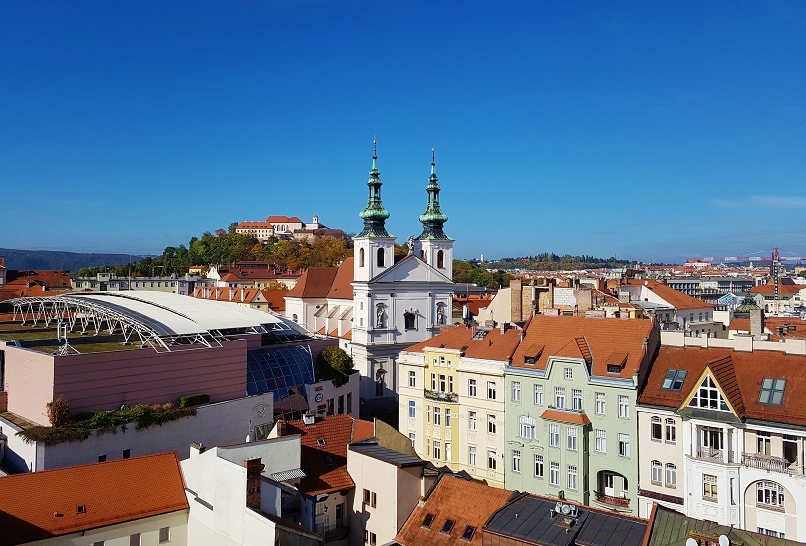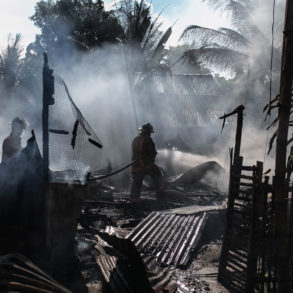Research centers with top-quality equipment have been mushrooming in Central and Eastern Europe. Photo: @BrnoDaily
Brno, Jan 17 (CTK) – Ten research institutions from Central and Eastern Europe have formed Alliance4Life, a project to boost their cooperation in science, management, and employee care, and a joint promotion of their interests in the EU at their current conference in Brno.
The institutions from Croatia, the Czech Republic, Estonia, Hungary, Latvia, Lithuania, Poland, Slovakia and Slovenia want to offer internationally comparable conditions to researchers and enhance the mutual exchange of information, Jana Silarova, from the Brno-seated Masaryk University’s Central European Technological Institute (CEITEC MU), has told CTK.
The newly-established Alliance4Life has pointed out that not all experience with the management of similar centers in the West can be applied in the former Eastern Bloc countries.
Silarova said new research centers with top-quality equipment have mushroomed in Central and Eastern Europe in the past ten years owing to EU subsidies as well as national money, but still, differences between the overall scientific performance persist in the region, compared with Western Europe.
Experts blame this on the fragmented project financing, due to which the scientific teams and whole organizations are rather unstable.
Depending on projects, organizations can hardly offer a long-term perspective to scientists, Alliance4Life member organizations say and vow to focus on improving the situation.
Alliance4Life wants to improve the inner culture of scientific workplaces, the quality of management and the rules of personnel policy.
“We cannot invite international talents to our region without being capable of offering internationally comparable conditions to them. This applies not only to wages but the whole functioning of the respective organizations,” CEITEC MU director Jiri Nantl said.
An education center for scientific centers’ managers and administrative and service staff may be established, Nantl said.
In the past, the governments and scientific institutions relied on a simple takeover of Western models, but they were not always viable, he said.
“In view of the complexity and the fragmentation of science financing…, the management and operation of a scientific organization in this part of Europe is much more difficult than what Western experts are accustomed to,” Nantl added.
Apart from CEITEC MU, the Alliance4Life includes the International Centre of Clinical Research of the St Ann teaching hospital in Brno, the Biomedicine Centre of the Slovak Academy of Science, the Latvian Institute of Organic Synthesis and university institutes from Lodz (Poland), Zagreb, Tartu (Estonia), Vilnius, Ljubljana and Budapest.
rtj/dr/kva
Copyright 2018 by the Czech News Agency (ČTK). All rights reserved. Copying, dissemination or other publication of this article or parts thereof without the prior written consent of ČTK is expressly forbidden. Brno Daily is not responsible for its content.








